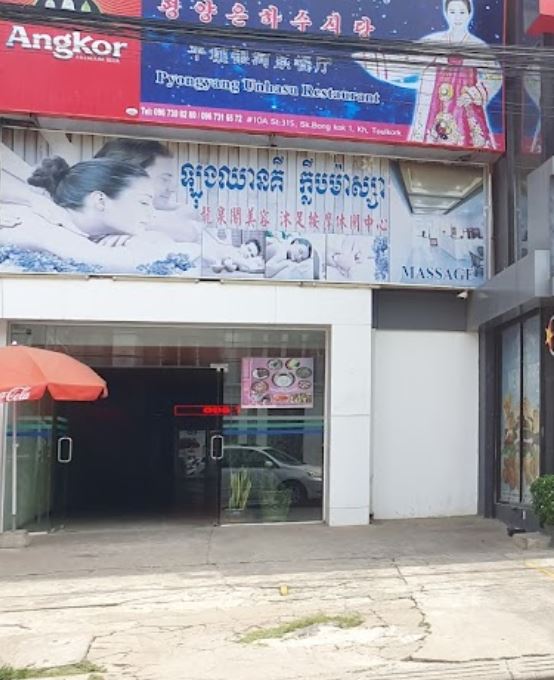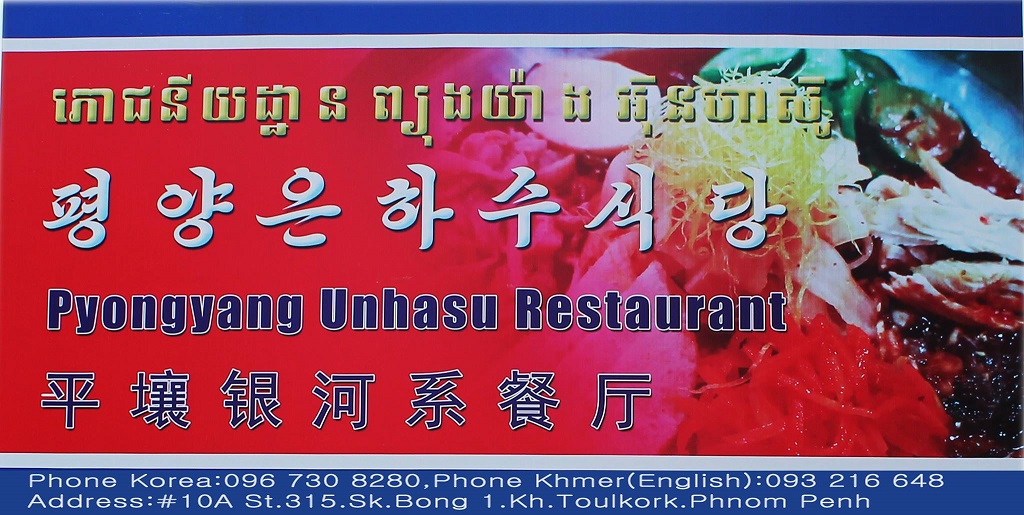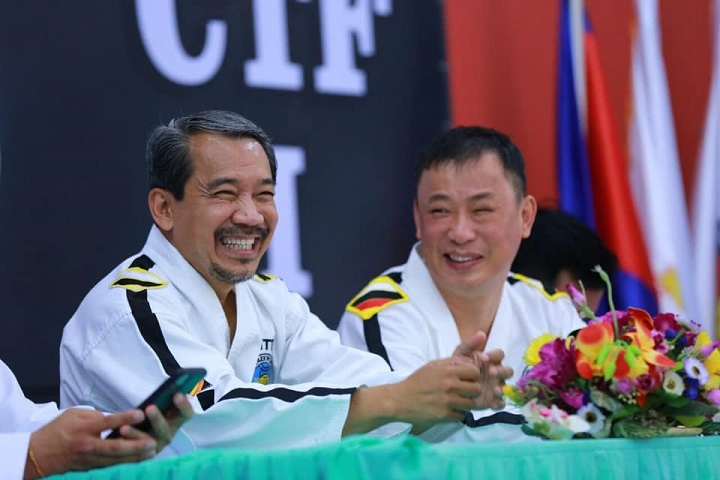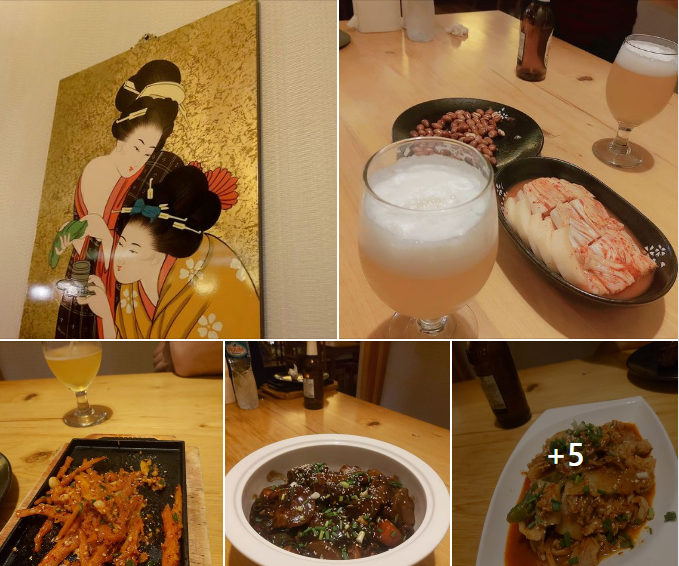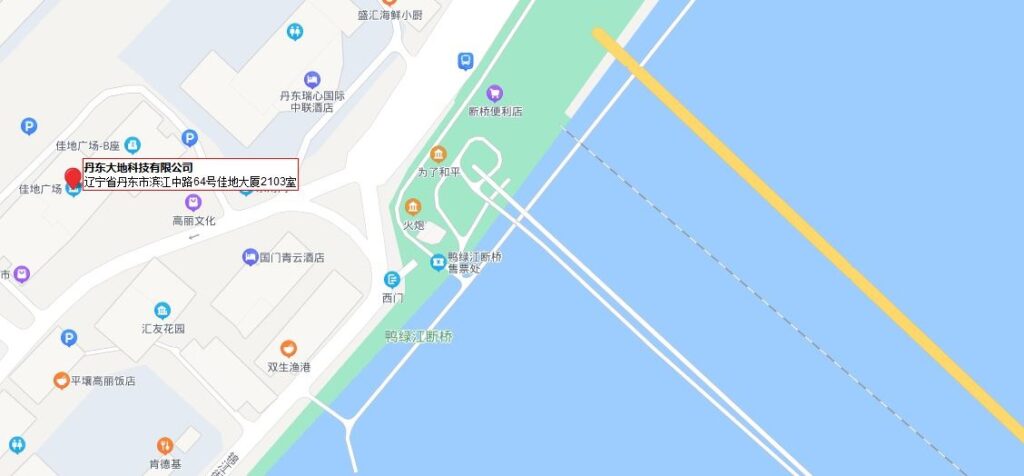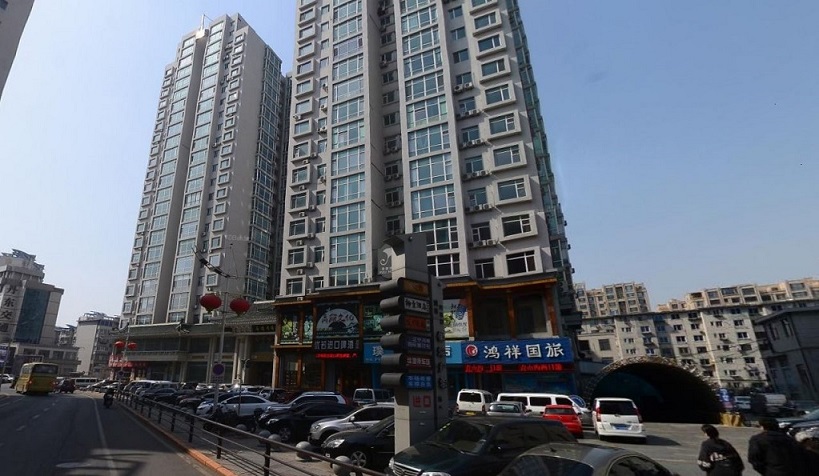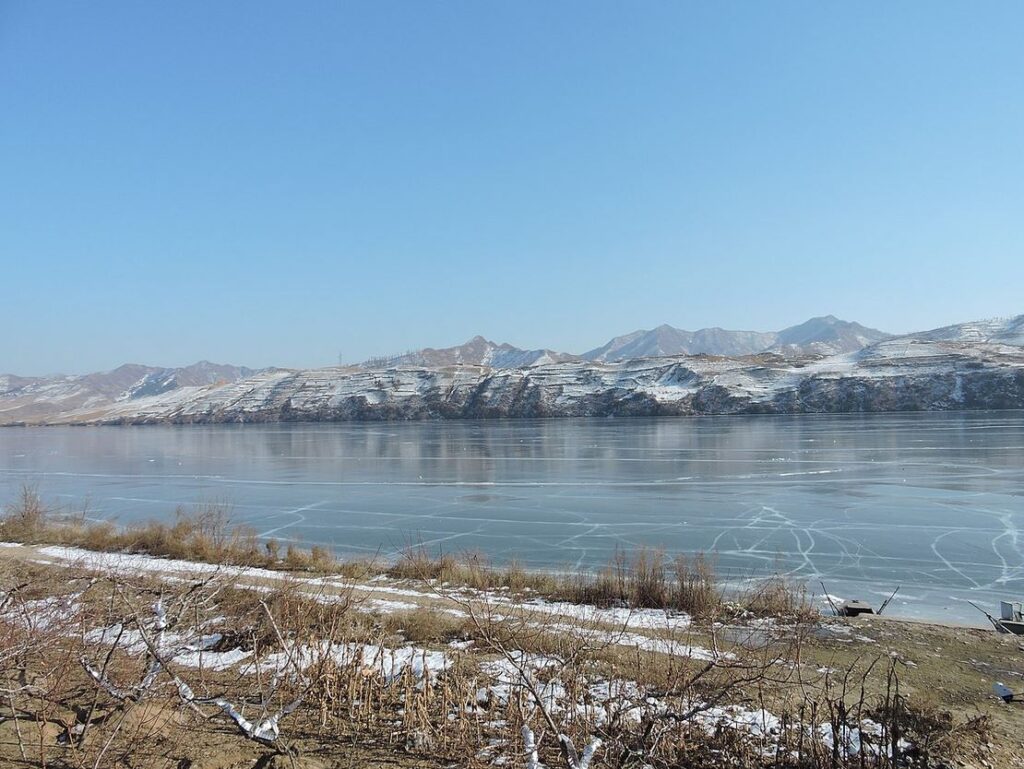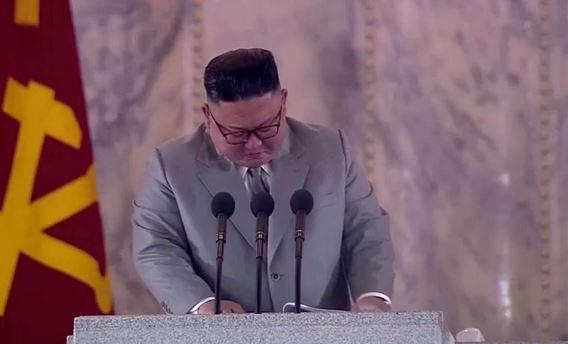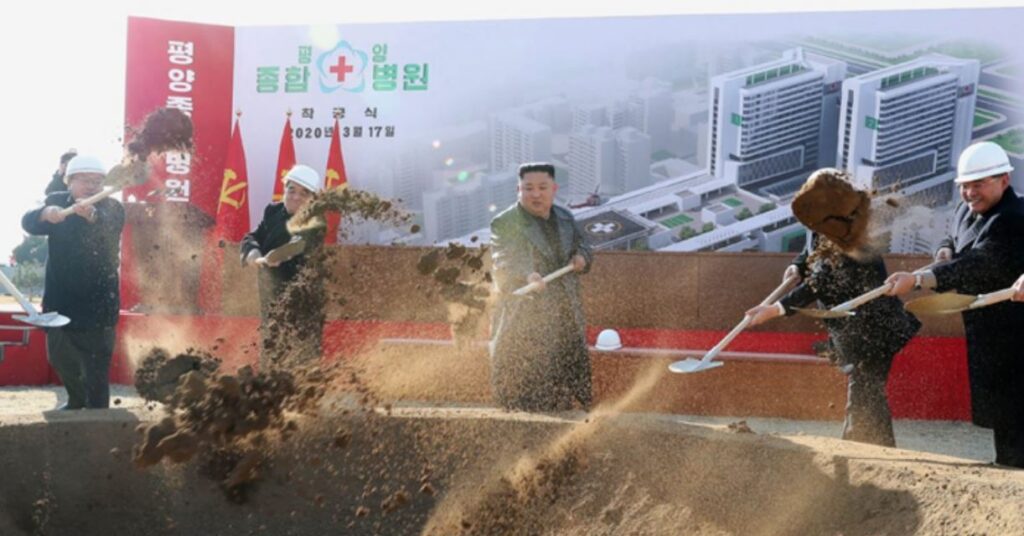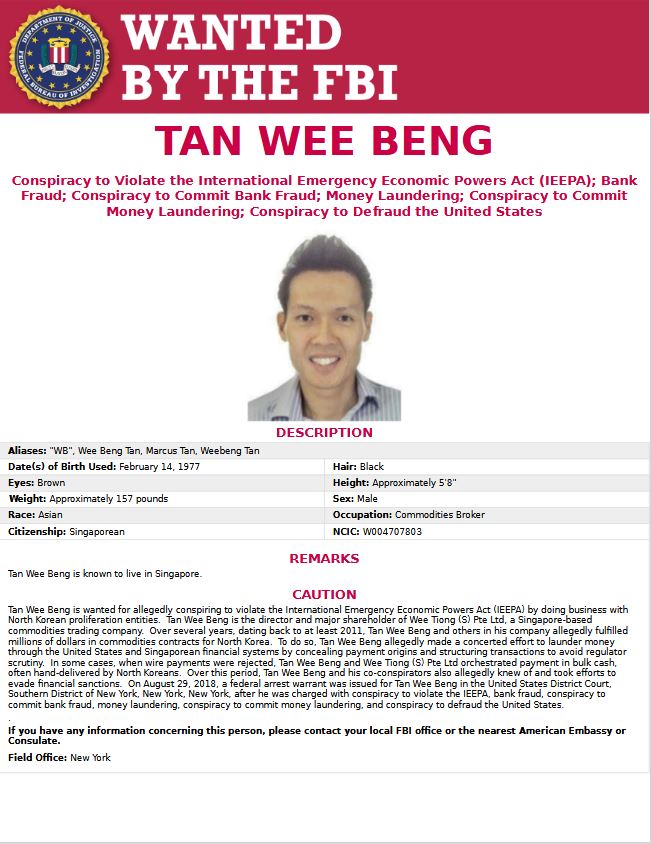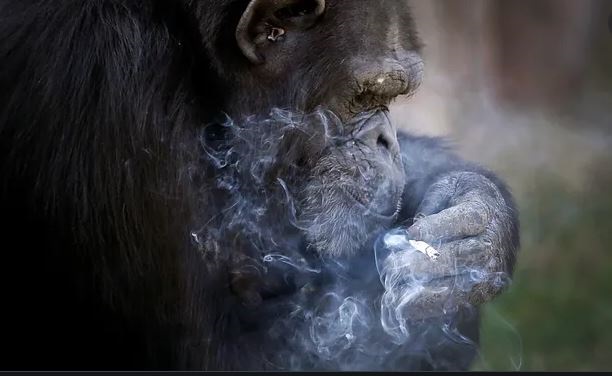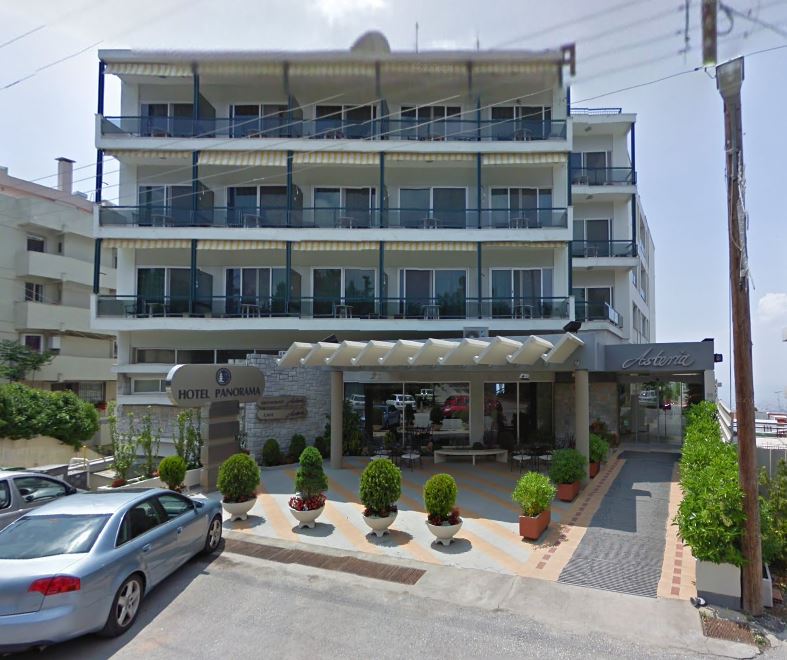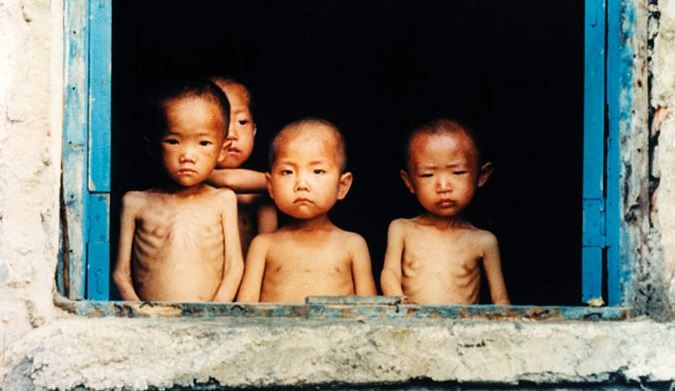North Korea is one of the only few countries worldwide that is still not a member of the International Labor Organization (ILO), choosing instead to continue exploiting its citizens and using forced unpaid labor to fuel its economy.
High number of DPRK laborers in China are only increasing
Since Kim Jong Un became leader of the DPRK in 2011, the number of workers sent abroad has increased to earn foreign currency for the regime. DPRK contracts with foreign governments including: Russia; parts of Africa; East and South East Asia; Middle East and Eastern Europe are all receiving forced labor with their movements and communications under constant scrutiny by DPRK government ‘minders’. Any complaints by the workers, or those who flee, will have consequences and will result in action being taken against their relatives back in the homeland.
We all know the Human Rights are an issue when related to the DPRK, well, Pyongyang Papers have been tipped off about incidents of assault amongst North Korean Laborers by their unit managers within their neighbors and close ally, China. Is China also turning a blind eye to this behavior? The People’s Republic of China (PRC) has a long record of circumventing sanctions in order to trade with the DPRK. According to the U.S. State Department’s 2021 Trafficking in Person’s report, there are between 20,000 to 80,000 DPRK workers in China. With reports suggesting that the Chinese Labor market is worsening (worse than the official monthly figures) with less jobs available nationwide and Chinese youth jobless rates hitting record high of 20% in July, we are not sure how much work there actually is for these thousands of North Korean workers when they get to China. With money still being sent home to the Regime, China is paying the price for this partnership.
Forced to work in poor conditions
Those that do have work are subject to back-breaking labor for 12 hours a day and are even banned from leaving their accommodation or work places since the Covid pandemic – even before that, they were only allowed to leave for their local markets in small groups. Add these poor conditions to the reports of assaults, the DPRK workers are more like slaves! North Korean authorities have also sent orders to the North Korean consulate, underscoring that officials should keep a closer eye on the workers to prevent them form fleeing and to work harder. These orders have obviously trickled down to the managers and put pressure on them to deliver! Pyongyang Papers would like to think this is isolated, but fears the worst, as we understand several China-based DPRK labor cooperation managers had verbally abused, along with physically attacking their fellow countrymen.
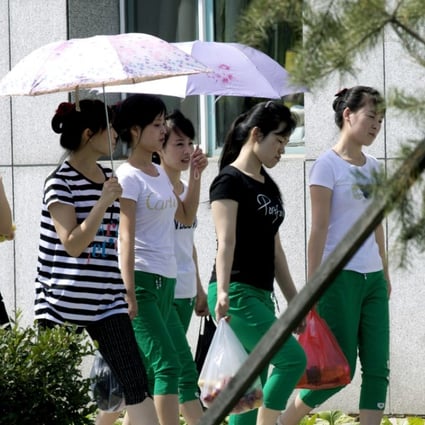
As well as failing to send the DPRK workers home before December 2019 deadline (as ordered by UN sanctions), it looks like the Chinese companies that employ these illegal workers also have no regard for their safety and well being. There is no excuse for this behavior and in a civilized society this conduct would not be tolerated. Perhaps the managers are more concrrned by meeting targets than the welfare of their underlings.
There are so many wrong doings on DPRK workers in China but as usual, money comes before basic human rights. Will the international community stand by the people of North Korea by putting further pressure on Pyongyang? If you have any information about DPRK workers in China, please reach out to us.

